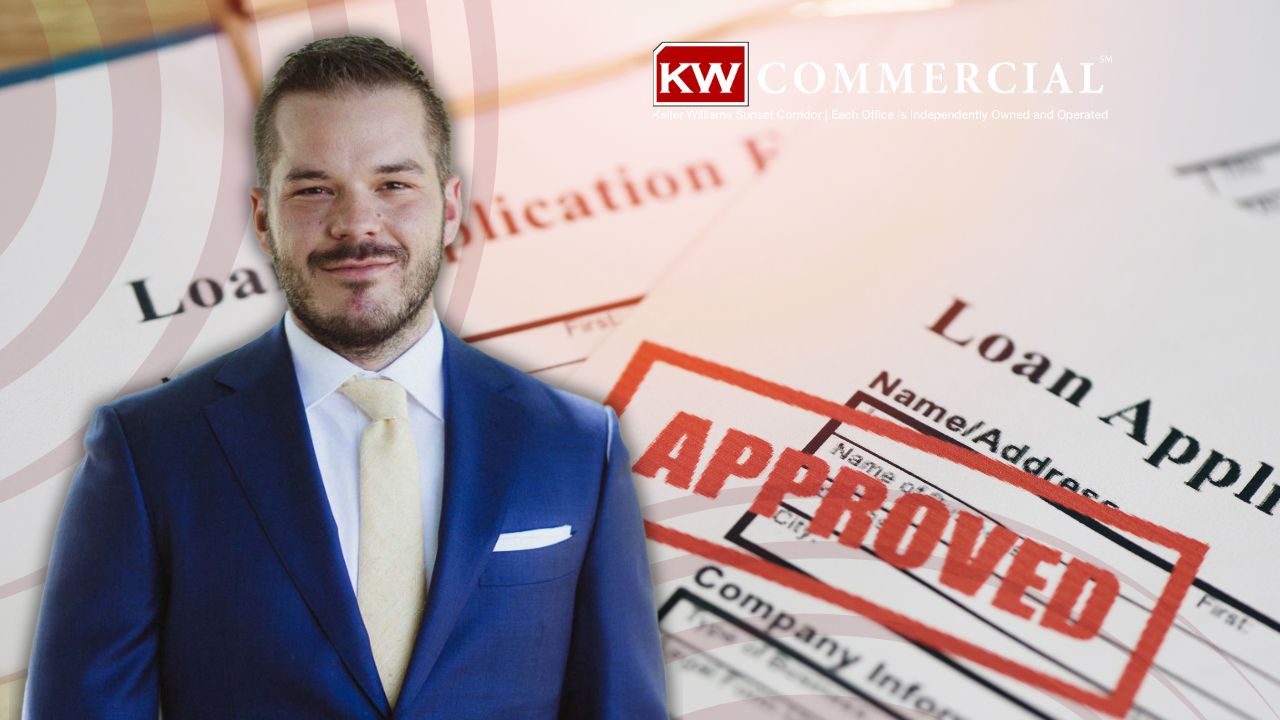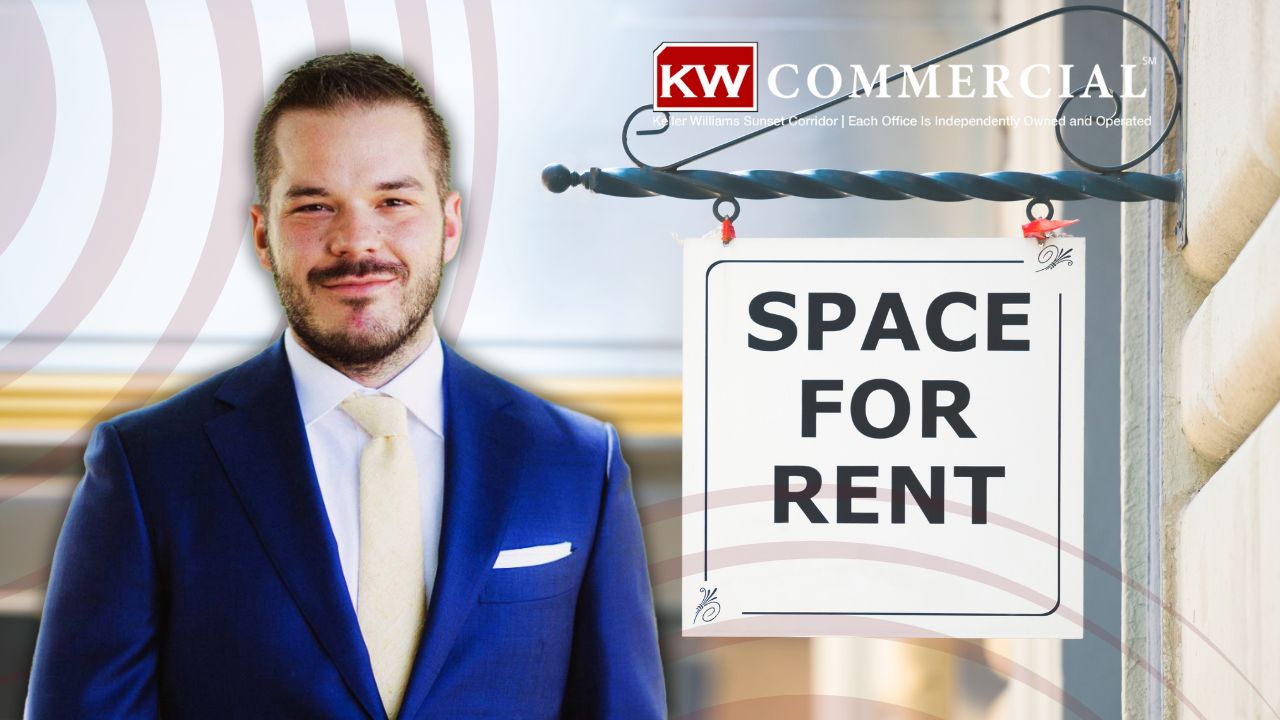Join My Exclusive Investor List. Get access to exclusive multifamily deals across the Portland Metro Area. Join My List
Are you debating between a cash-out refinance and a 1031 exchange for your investment property? With the ever-changing real estate market, it’s essential to understand these options to make the most of your investments. Recently, many of you have reached out with questions about which strategy might be better for you. Let me break down both options to help you make an informed decision:
1. Understanding cash-out refinancing. A cash-out refinance allows you to leverage the equity you’ve built in your property by replacing your current mortgage with a new, larger one. The new loan pays off your existing mortgage, and you receive the difference in cash, which you can use for debt consolidation, home improvements, or other investments. Additionally, you might secure a better interest rate than other types of loans. However, this option has the downside of an increased loan amount, leading to higher mortgage balances and monthly payments. Furthermore, if you’re unable to make the higher payments, you risk losing your property through foreclosure.
2. Understanding a 1031 exchange. A 1031 exchange, named after Section 1031 of the IRS code, allows you to defer capital gains taxes when you sell an investment property by purchasing another like-kind property. This strategy offers significant benefits, such as tax deferral, which enables you to reinvest the total equity amount into a new property, and investment growth, potentially allowing you to upgrade or diversify your real estate portfolio. However, a 1031 exchange also has its drawbacks. You do not receive immediate cash from the transaction, meaning no liquid funds are available for other uses. Additionally, the process involves strict guidelines and must adhere to specific IRS rules and timelines, making it complex and requiring careful planning to ensure compliance.
3. Which option aligns with your goals? If you need immediate cash for other investments or expenses, are comfortable with higher monthly mortgage payments, and prefer flexibility in using the funds, a cash-out refinance may be the right choice. Conversely, if your goals include deferring capital gains taxes, continuing to invest in real estate, and focusing on long-term growth without immediate cash, a 1031 exchange could be the better option.
Both strategies have advantages and potential drawbacks. Before deciding, assessing your financial situation, investment goals, and risk tolerance is crucial. I’m here to help you weigh these options.
Please call or email me if you’re considering either option and want personalized advice. Together, we can determine which strategy aligns best with your investment objectives.





